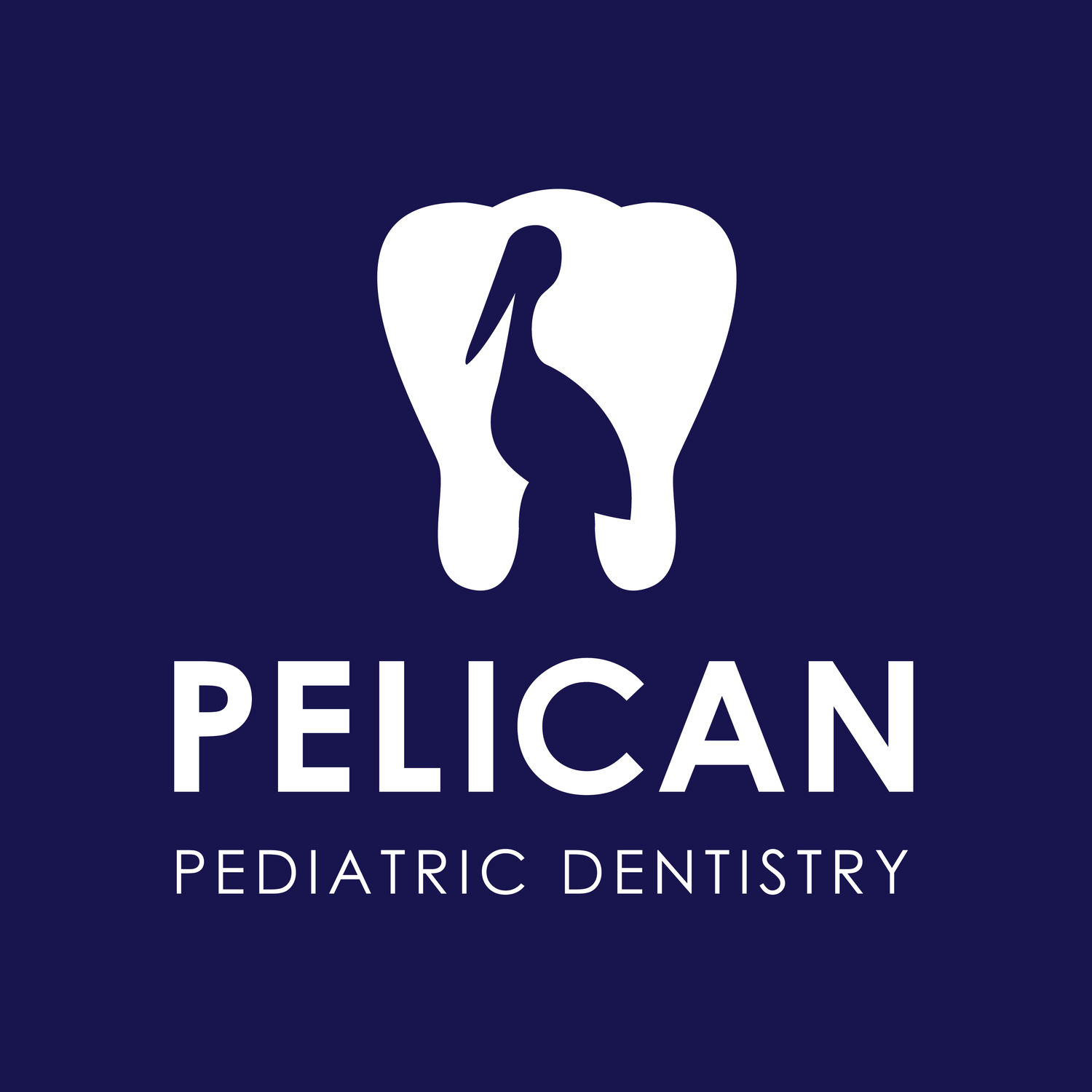Whether this is your child's 1st or 50th appointment, we are here to make each visit enjoyable.
Frequently Asked Questions
When should I bring my child for their first visit?
We recommend bringing your child in between 12 and 18 months. This first visit introduces your child to our doctors, allows them to check for cavities and proper development. It is possible for babies and children to experience tooth decay and it may develop rapidly. The soft inner layer of the tooth can be damaged in as little as six months, so it is important to get checkups to ensure good dental health.
How should I prepare for our First Appointment?
For your first appointment, please arrive 15 minutes early to fill out new patient information forms. You should also bring a copy of your insurance card. While it is normal for you or your child to be anxious about your visit, know that our doctors and staff are expertly trained to bring comfort and peace of mind to every appointment. First visits are nothing to fear, normally just including an x-ray, cleaning, and oral exam.
Want to get ahead? Print and complete your patient information form ahead of time!
Do you take insurance?
Yes, we accept many forms of insurance, and our office staff submits each claim for you. Your insurance company will determine your coverage, and any amount not covered will be due that day.
How do I help prevent tooth decay?
Brushing at least twice a day with an ADA accepted fluoride toothpaste
Cleaning between the teeth every night with floss
Eating a well balanced diet
Visiting the dentist every six months
Never put your child to bed with a bottle or sippy cup containing milk, formula, juice or any sweetened liquid. Only water should be given after a child’s teeth are brushed.
Why are primary teeth important?
It is important to maintain the health of primary teeth. Neglected cavities can and frequently do lead to problems which effect developing permanent teeth. Primary teeth, or baby teeth are important for proper chewing and eating; providing space for permanent teeth and guiding them into correct position; and permitting normal development of speech and add to an attractive appearance. The front teeth usually begin falling around age six; the back teeth usually begin falling around the age of ten.

